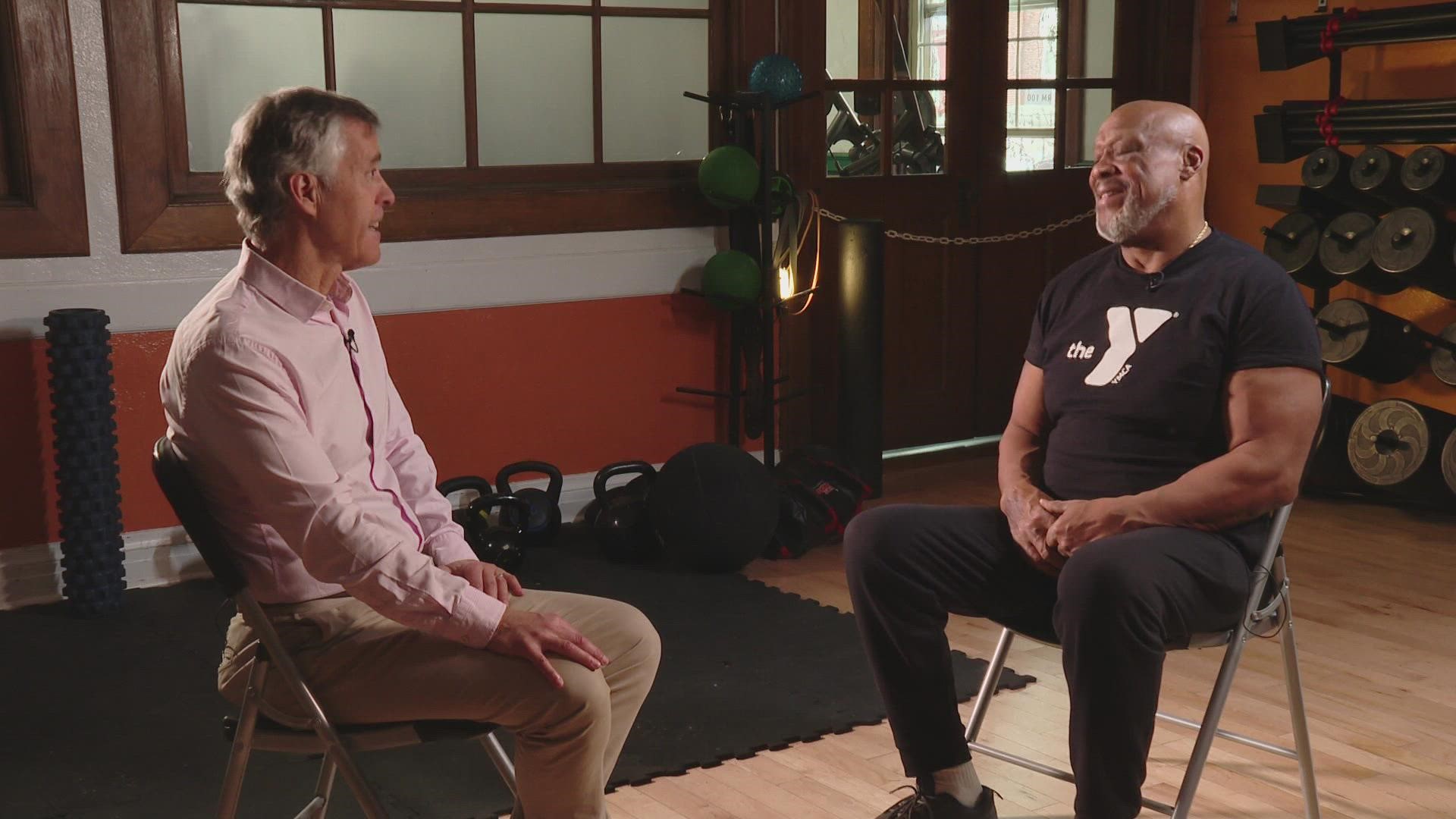AUBURN, Maine — Growing up in Virginia in the 1950s and ‘60s, Tony Atlas—poor, Black and ill-educated--never had much in the way of career options. “Fighting and sports were just about the only things we had to occupy our time when we were kids,” he recalls, so when he got the opportunity to become a professional wrestler, he jumped at it.
In his first year on the wrestling circuit, he traveled constantly and made more money than he’d ever dreamed of—about $300,000 in today’s dollars. The cash went out as quickly as it came in.
“I was broke from payday to payday,” he says. “I had no financial understanding. And like a lot of young wrestlers, we figured the bubble was never going to burst. We figured it would never end.”
Still, life was good. It was exhilarating in 1981 to have 18,000 fans cheering for him and chanting “To-ny! To-ny!” as he defeated Hulk Hogan in a match at Madison Square Garden in New York. Although the travel was exhausting, it took him to all fifty states, Europe, Asia, and Latin America. And as if the thrills of wrestling weren’t enough, he excelled at powerlifting and bodybuilding. In 1979 he won the Mr. USA bodybuilding title.
A decade later, his career was in ruins. When a small-time promoter in Maine offered him some matches, Tony moved to the Lewiston area. Hooked on cocaine, he eventually found himself homeless in Kennedy Park, sleeping under benches and foraging for food in dumpsters. What did he do, I asked, to stay warm in winter? “Get stoned!” he says. “Get stoned. Get drunk.”
More than three decades later, 68-year-old Tony Atlas, clean and sober, works out--and works as a personal fitness trainer--at the YMCA of Lewiston-Auburn. From time to time he hits the road for personal appearances, where the fame he built up over decades of wrestling still serves him well as fans ask him to autograph 8 x 10 photos from his heyday.
“I’m going to sit at a table and people are going to pay me twenty-five bucks to sign a piece of paper,” he says in amazement. “Twenty-five bucks!”
It’s been a life of dizzying highs and crushing lows, and what still shines through is his big-hearted kindness.
“He will tell you about his ups and downs, and he wants people to learn from that,” says Nicole Oberlander, the Executive Director of Health, Wellness & Fitness at the Y.
Tony sums up his experiences with admirable succinctness—and humility.
“My success in life I owe to thousands and thousands of people,” he says. “My failure in life I owe only to me.”

